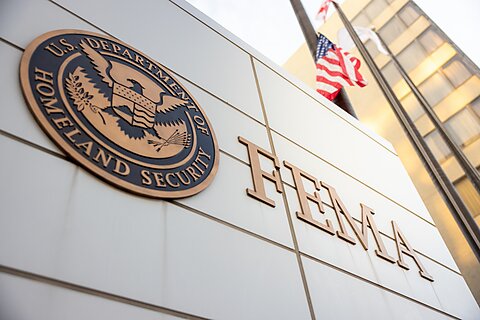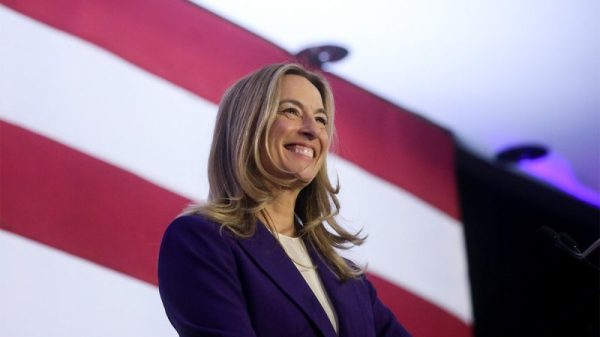
A group of Tennessee parents and anti-school-choice advocacy organizations filed a lawsuit on November 20, challenging the state’s Education Freedom Scholarship (EFS) Act, claiming the program violates the state’s constitutional mandate to maintain and support a single system of public schools that provides every child with an adequate education.
The lawsuit invokes Tennessee Constitution Article XI, Section 12, which requires the General Assembly to “provide for the maintenance, support, and eligibility standards of a system of free public schools.” But this mandate establishes a floor, not a ceiling—while requiring the state to maintain public schools, it does not prohibit funding for alternative educational options.
Curiously, the lawsuit glosses over the first sentence of Section 12, which broadly asserts, “The State of Tennessee recognizes the inherent value of education and encourages its support.” The EFS program aligns with that constitutional goal by supporting students who would benefit from a different educational environment. It acknowledges that one size doesn’t fit all children when it comes to education.
This year, the first year of operation, the EFS program distributed scholarships worth approximately $7,300 to 20,000 students, which was the legislatively mandated enrollment cap. Within two hours of the application being opened, 30,000 applications had been received. Ultimately, nearly 43,000 students applied, meaning more than 23,000 had to be turned away. Half of the 20,000 scholarships were reserved for lower-income students or students with special needs.
The lawsuit argues that private schools that participate in the EFA program don’t face the same accountability requirements as public schools. This is true; they face much stronger accountability. Families voting with their feet—and their tuition dollars—provides truer accountability than bureaucratic mandates. Parents who select schools for their children consider factors far beyond standardized test scores: safety, values alignment, class size, teacher quality, and individual attention. When schools fail to meet family expectations, enrollment declines, and schools must improve or close.
Meanwhile, where is the evidence that accountability through bureaucratic mandates works? It’s certainly not in the lawsuit itself. The complaint states that more than half (emphasis in original) of Tennessee public school students are “taught by a teacher deemed ineffective.” It goes on to cite Hamilton and Shelby County Schools as having poor student outcomes, cutting programs, lacking resources, and allowing buildings to fall into disrepair. But both districts are subject to volumes of regulations, and each spent more than $16,000 per student in 2024. This is the system they point to for accountability?
Happily, school choice programs can benefit public schools by introducing healthy competition that drives innovation and improvement. When public schools must earn enrollment rather than simply expect it, they become more responsive to the needs of students and their families.
Tennessee families deserve the freedom to direct their children’s education according to their values and the unique needs of their students. They should not have to pay for education twice—once through taxes and again through tuition—in order to make those choices. While the Tennessee constitution clearly mandates a public school system, it does not guarantee public schools a monopoly on education funding or prohibit the legislature from expanding educational opportunities.
Coincidentally, on the same day that activists filed suit to block families from accessing educational choice, the Tennessee Department of Education announced key dates for the second year of the Education Freedom Scholarship program. Hopefully, news of the lawsuit won’t deter parents from applying to the program if they think it’s what will work best for their children.


















